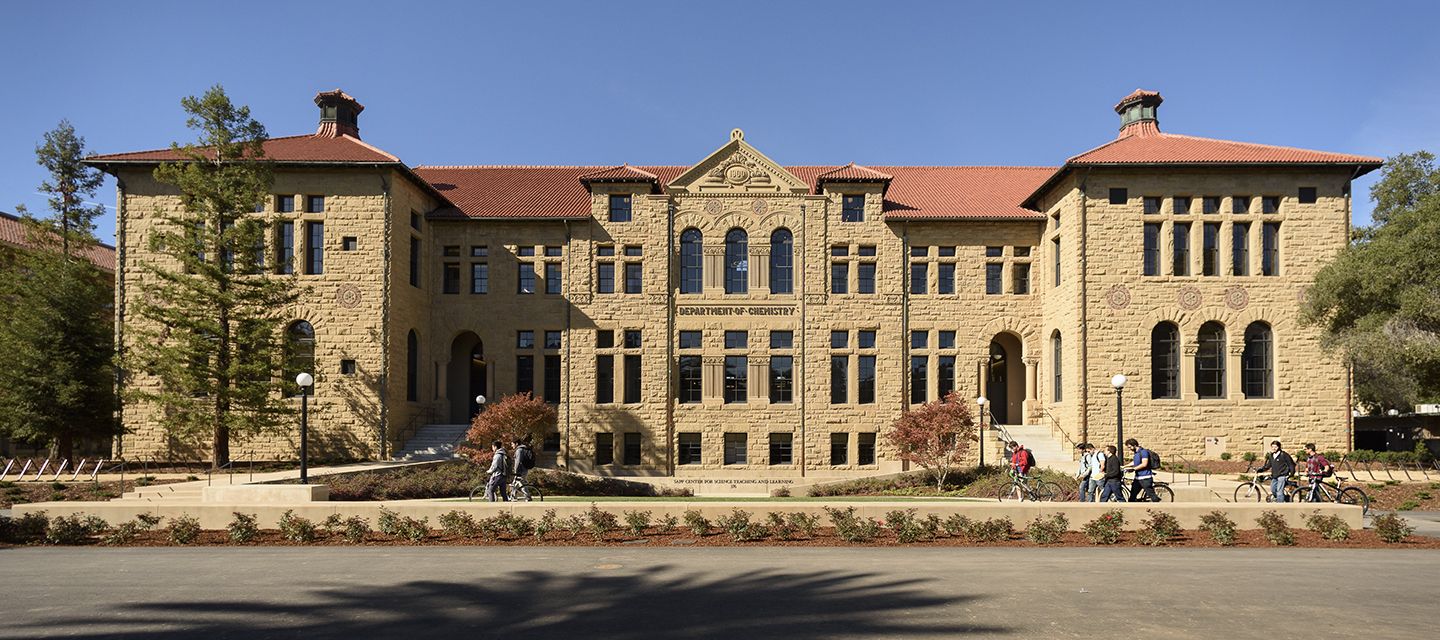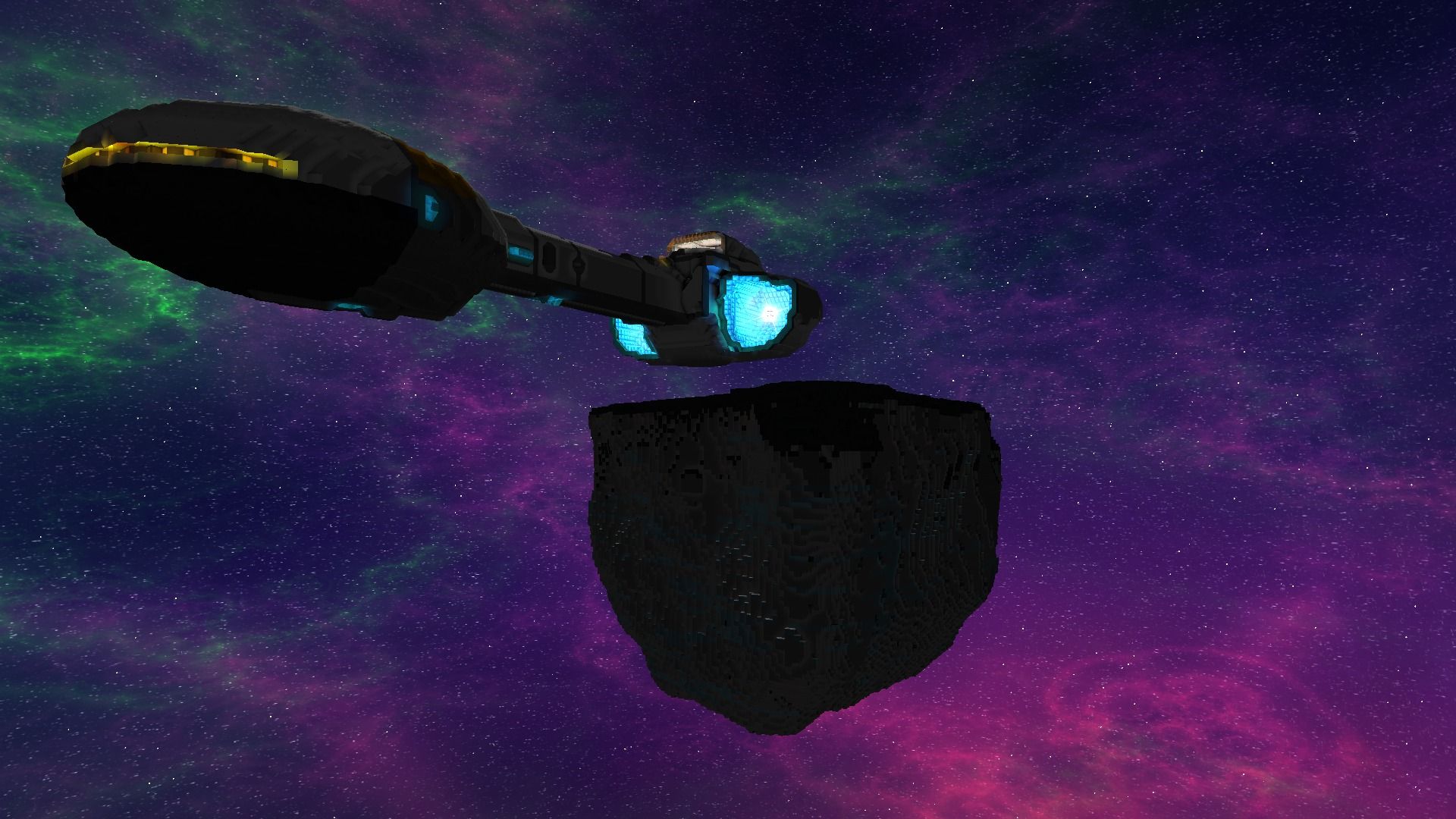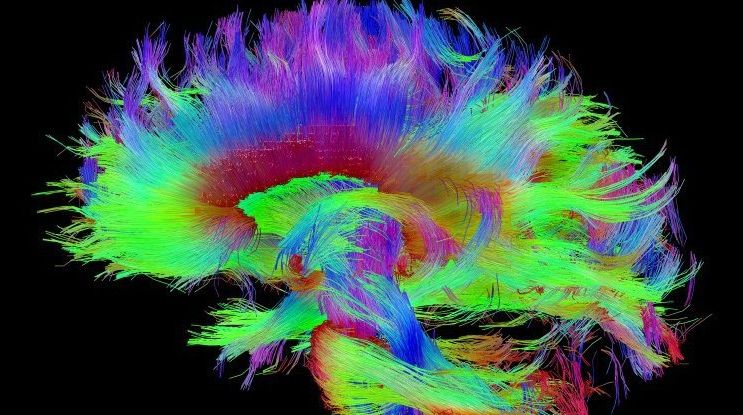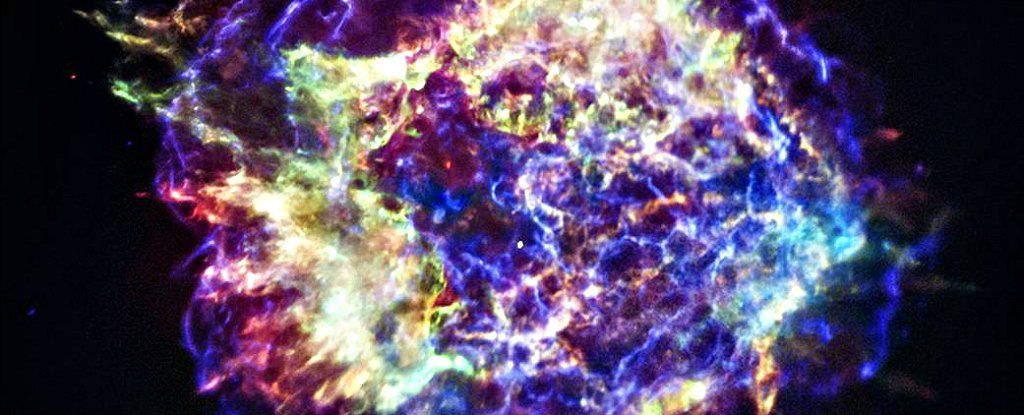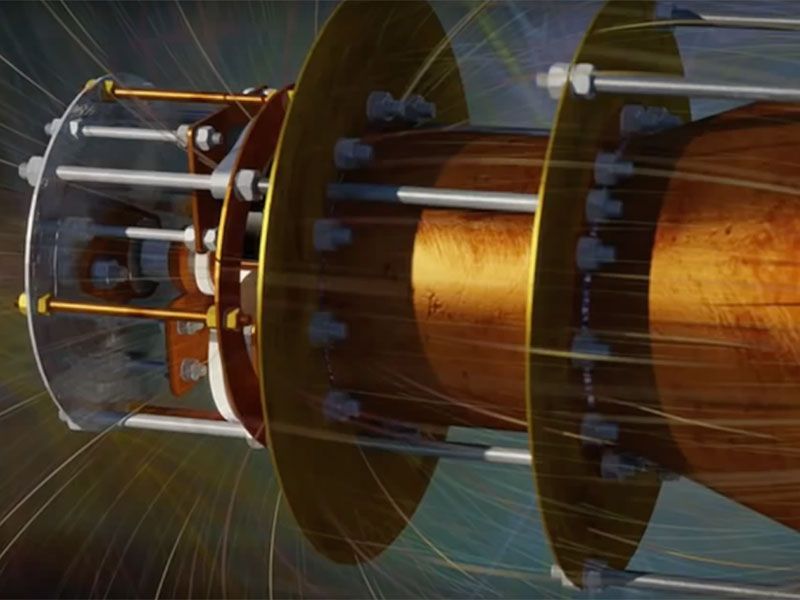Nov 9, 2016
400,000 Bots Are Posting Political Tweets About The Election, And They Have Influence
Posted by Elmar Arunov in category: robotics/AI
If your political conversations on social media seem mechanical and predictable, it might be because you are debating with a robot.
A study published the day before the election found an estimated 400,000 bots operating on Twitter that were tweeting—and being retweeted—at a remarkable pace, generating nearly 20 percent of all election-related messages.


